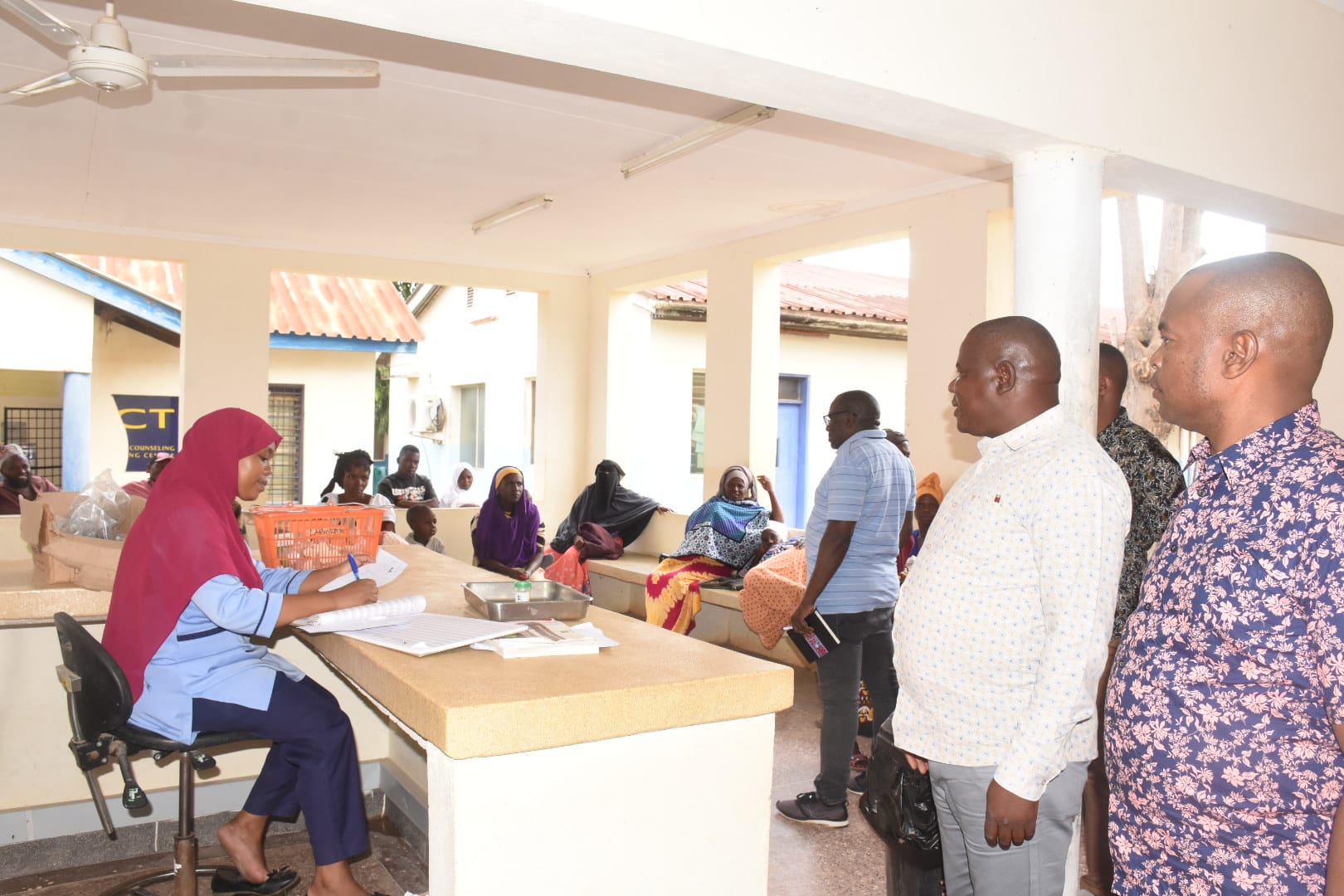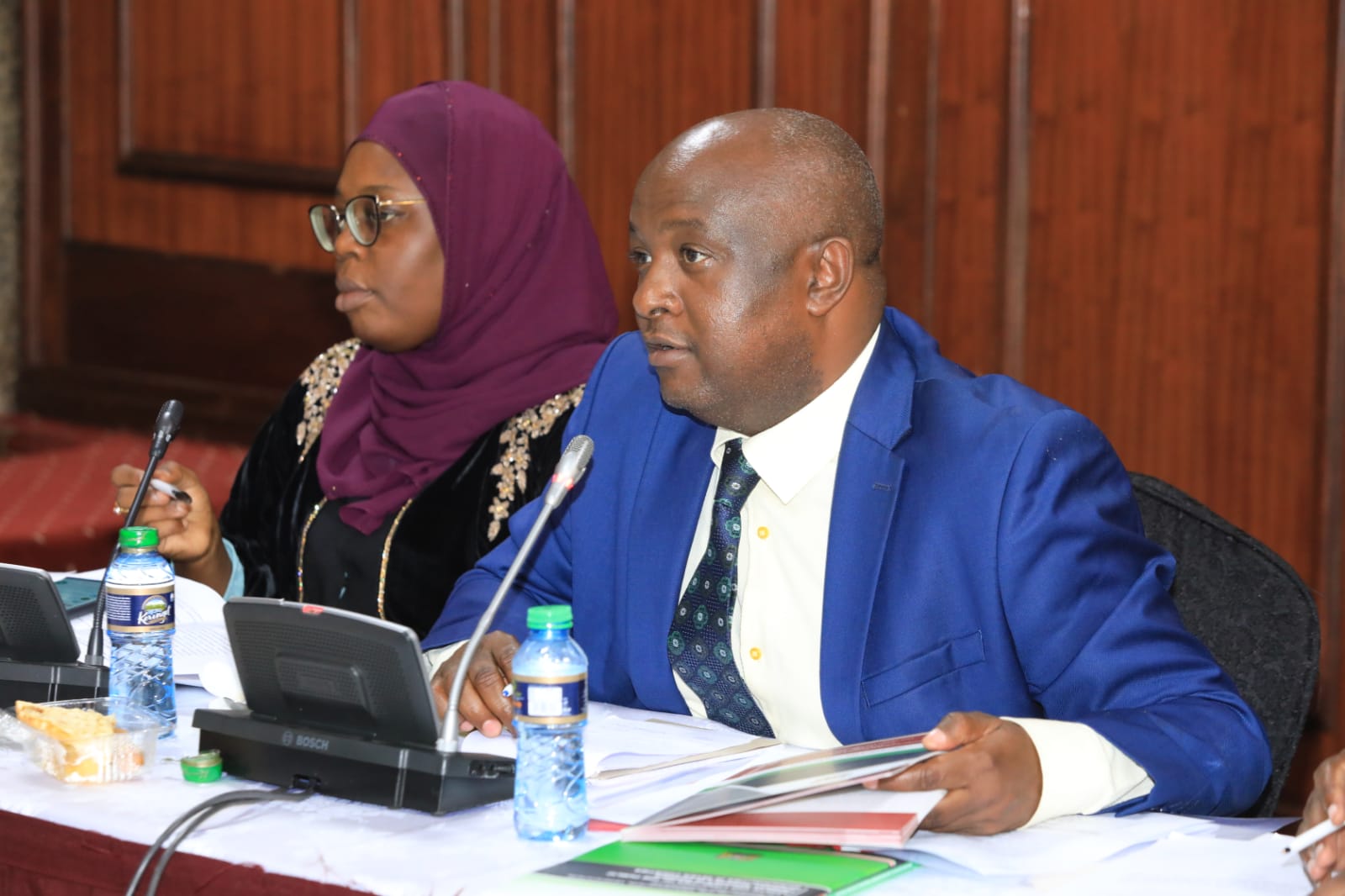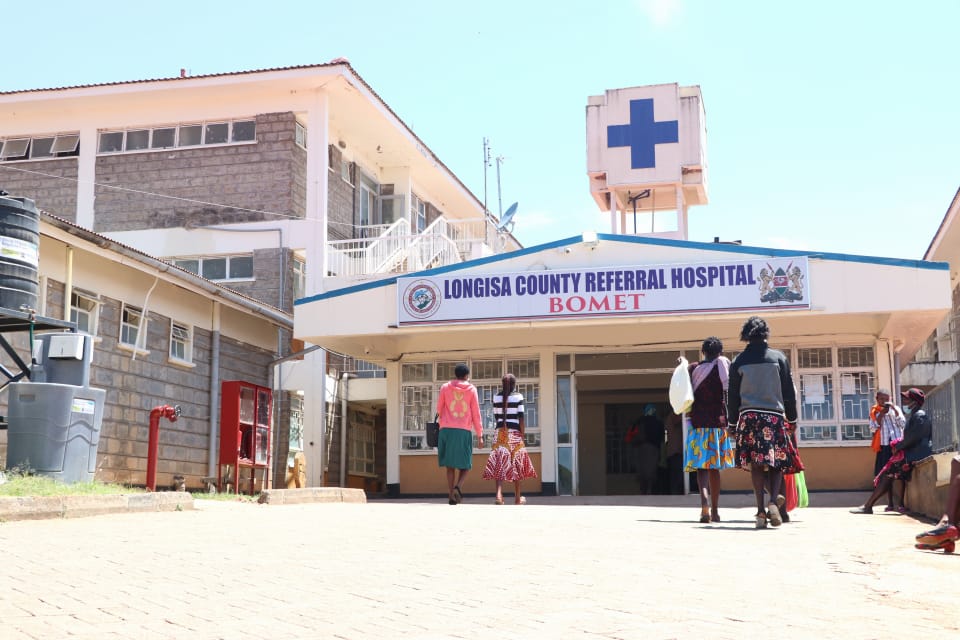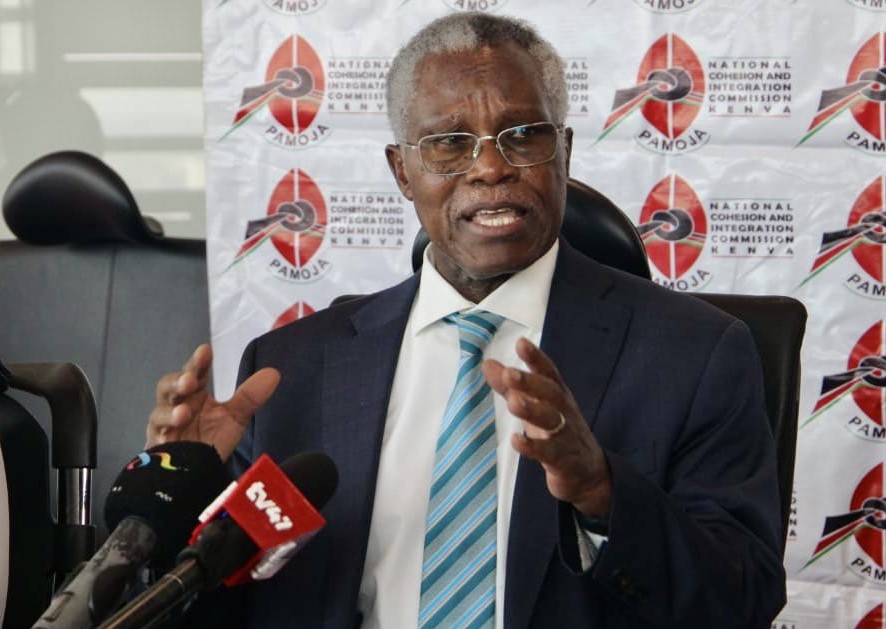Patients at risk as Senate audit exposes chronic failures in county hospitals

The facilities, which are supposed to provide basic health services, are severely understaffed, underfunded, and plagued by equipment shortages and frequent stockouts of essential medicines.
A recent Senate audit report has painted a grim picture of county hospitals in Kenya, with patients seeking treatment often ending up with worsening conditions or even death.
The facilities, which are supposed to provide basic health services, are severely understaffed, underfunded, and plagued by equipment shortages and frequent stockouts of essential medicines.
More To Read
- Only six in 10 Kenyan health facilities adequately equipped for quality care - report
- Data gaps threaten Kenya’s health goals as key indicators on mental health, drugs go unmeasured
- MPs slam Ministry of Health over SHA failures, demand urgent reforms
- Governors, Ministry of Health, resolve to verify all UHC staff before transfers
- Cabinet approves Bill to combat healthcare malpractice, enhance patient safety
- Senators slam SHA over "punitive" full-year contribution rule, cite constitutional violations
The audit, presented by the County Public Investments and Special Funds Committee, found widespread deficiencies in healthcare services, leading to a serious erosion of the quality of care across multiple counties.
In some cases, patients were subjected to conditions that rendered treatment options almost futile.
The Senate report highlighted that healthcare workers are forced to operate in environments where critical resources like medical supplies and equipment are often unavailable.
Many hospitals are operating without the proper tools necessary to deliver quality care, and there are growing concerns over the authenticity of the drugs provided to patients.
The Kenya Medical Supplies Authority (KEMSA), which is responsible for supplying medicines, has faced criticism for poor forecasting, which often results in stockouts and delays.
"There are concerns about the quality of drugs supplied by KEMSA, with reports of expired or substandard drugs being delivered to county hospitals," the report reads.
"This situation puts patients at grave risk and undermines the overall health system."
Strained health systems
Among the many hospitals cited in the audit, the findings for Karatina Subcounty Hospital in Nyeri stand out.
The hospital was found to be severely understaffed and lacked essential equipment, such as an Intensive Care Unit (ICU), High Dependency Unit (HDU), and renal dialysis services, services expected of a Level 4 hospital under the Universal Health Coverage (UHC) standards.
As a result, patients requiring critical care have no choice but to seek treatment elsewhere, often leading to worse outcomes.
"The hospital is not compliant with the requirements of universal healthcare, as it does not offer some services expected of a Level 4 hospital, such as ICU, HDU, and renal dialysis services," the report observed.
 The Senate Committee on Public Investments and Special Funds chaired by Vihiga Senator Godfrey Osotsi (left) during a past session. (Photo: Senate)
The Senate Committee on Public Investments and Special Funds chaired by Vihiga Senator Godfrey Osotsi (left) during a past session. (Photo: Senate)
The Senate has called on Governor Mutahi Kahiga to prioritise the provision of adequate funding for these essential services and to expedite infrastructure projects to accommodate the new services required for UHC.
Another hospital facing serious challenges is Kinango Subcounty Hospital in Kwale, which is short of 44 medical staff, including key specialists like medical officers, anesthesiologists, paediatricians, gynaecologists, and radiologists.
This shortage has placed an enormous burden on existing staff, leading to exhaustion, fatigue, and low morale.
The report also noted that staff are overworked, which negatively impacts the quality of care they can provide.
"Staff members at Kinango Subcounty Hospital raised concerns about staff fatigue and exhaustion, which is affecting their morale due to overwhelming duties," the report revealed.
The committee has called on Kwale Governor Fatuma Achani to submit a comprehensive plan within 60 days to address the staffing shortages at the hospital.
Financial mismanagement
In addition to the staffing issues, the Senate audit report raised serious concerns about financial mismanagement in some of the hospitals.
At the Kwale Subcounty Referral Hospital, the Ethics and Anti-Corruption Commission (EACC) has been asked to investigate the untraceable supplies and possible loss of Sh1.74 million.
The committee found that supplies were received by individuals who were not hospital staff, with no verification from pharmacists or specialists.
"The committee recommends that the EACC investigate the untraceable supplies and possible loss of funds amounting to Sh1.74 million," the report stated.
The panel also observed significant inconsistencies in the hospital's revenue collection system, with a discrepancy of 37,427 unaccounted patients, leading to a financial shortfall.
At Migori Level 4 Hospital, underfunding was also identified as a major obstacle to providing quality healthcare.
The hospital faced a shortfall of Sh32.86 million, which represented 27 per cent of the budget. The committee criticised the hospital's revenue collection system, citing issues like poor ICT governance, partial automation, and inadequate billing systems.
The panel recommended urgent reforms to improve financial management and accountability within the facility.
"The hospital's ICT governance system had critical weaknesses, including partial automation, poor network infrastructure, and inadequate billing systems," the Senate report noted.
Staffing shortages and expired drugs
Further compounding the issues in county hospitals are chronic staffing shortages and the stockpiling of expired drugs.
For instance, at Longisa County Referral Hospital in Bomet, management failed to account for Sh19.72 million spent on food purchases.
 A view of the entrance to Longisa County Referral Hospital in Bomet County. (Photo: X/Hillary Barchok)
A view of the entrance to Longisa County Referral Hospital in Bomet County. (Photo: X/Hillary Barchok)
The facility also lacked a proper asset register, and the expenditure was not supported by receipts.
In addition, the hospital had expired drugs valued at millions of shillings, which were not disposed of in accordance with proper procedures.
At Mt Kenya Subcounty Hospital in Nyeri, the situation was equally dire. The hospital had a significant shortage of staff, with only 21 registered community health nurses against the required 75.
It also lacked critical specialists like anesthesiologists, general surgeons, gynaecologists, paediatricians, and radiologists.
The Senate noted that, despite assurances from management, the situation remained unchanged throughout the audit period.
"Despite assurances from management that efforts were underway to address the issue, no evidence was provided to support this claim," the report stated.
As a result, the Senate has recommended urgent action from county governors to address these deficiencies.
In particular, the committee has urged county governments to ensure that their hospitals are adequately staffed and equipped to meet the needs of the population.
Furthermore, financial accountability and transparency must be improved to ensure that funds allocated to healthcare are used efficiently and effectively.
Top Stories Today












































